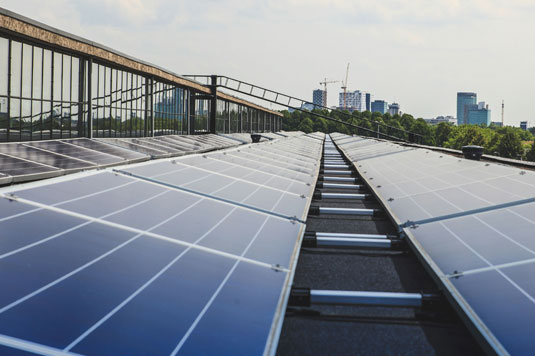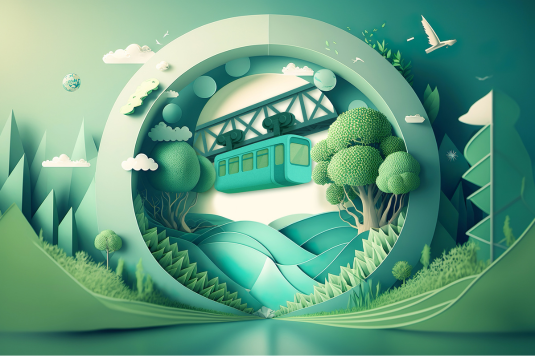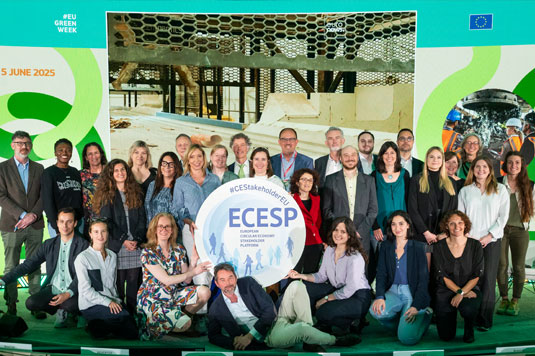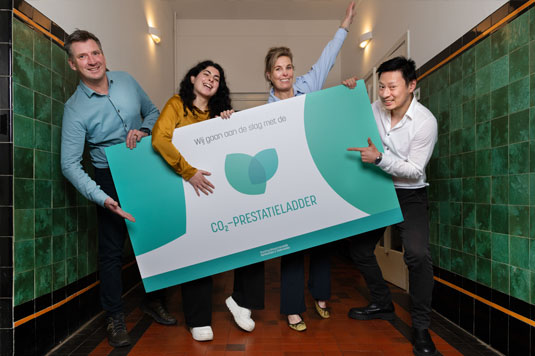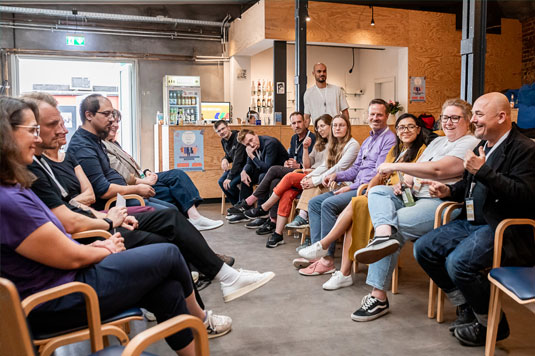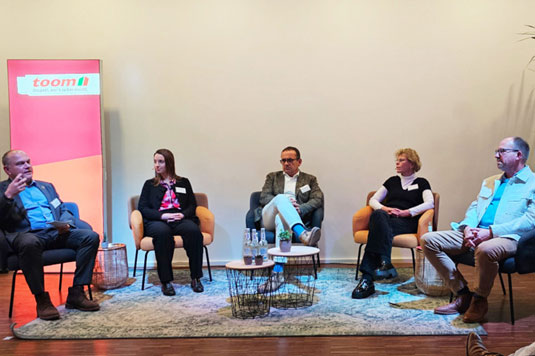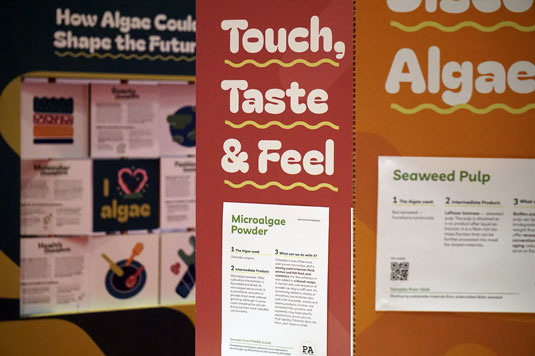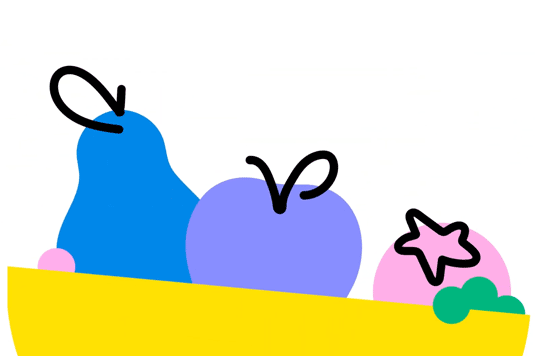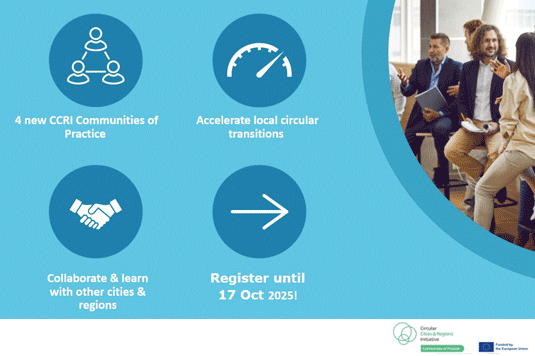
CSCP News | Posted November 6, 2025
From Status Quo to Innovation: The CSCP Brings the Conversation to ANUGA 2025!
Imagine enjoying a juicy steak made without harming animals or cutting down forests. At this year’s ANUGA fair, the CSCP showed how European farmers and scientists are joining forces to make cultivated meat (meat grown from animal cells) an option for everyone’s plate, through an open and inclusive process that values diverse perspectives and considerations. At ANUGA 2025 in Cologne, Germany the world’s largest trade fair for food innovation, the audience was invited to rethink what “meat” could mean in the future. Under the keynote title “Can You Imagine a Future Where This Is Possible?”, Alexander Mannweiler, Head of Sustainable […]
